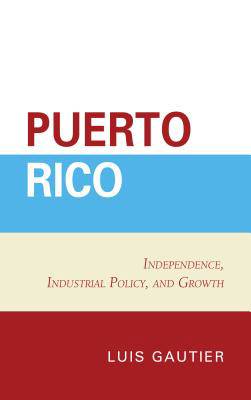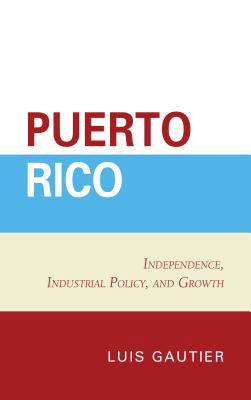
- Retrait gratuit dans votre magasin Club
- 7.000.000 titres dans notre catalogue
- Payer en toute sécurité
- Toujours un magasin près de chez vous
- Retrait gratuit dans votre magasin Club
- 7.000.0000 titres dans notre catalogue
- Payer en toute sécurité
- Toujours un magasin près de chez vous
158,95 €
+ 317 points
Description
This book argues that it is in the best interests of Puerto Rico and the United States to set policies to move toward political independence for Puerto Rico. It explores, theoretically and empirically, aspects of trade, industry, and market-based environmental policies in the context of the US-Puerto Rico relationship.
Spécifications
Parties prenantes
- Auteur(s) :
- Editeur:
Contenu
- Nombre de pages :
- 142
- Langue:
- Anglais
Caractéristiques
- EAN:
- 9781498556835
- Date de parution :
- 12-12-17
- Format:
- Livre relié
- Format numérique:
- Genaaid
- Dimensions :
- 160 mm x 231 mm
- Poids :
- 476 g

Les avis
Nous publions uniquement les avis qui respectent les conditions requises. Consultez nos conditions pour les avis.






